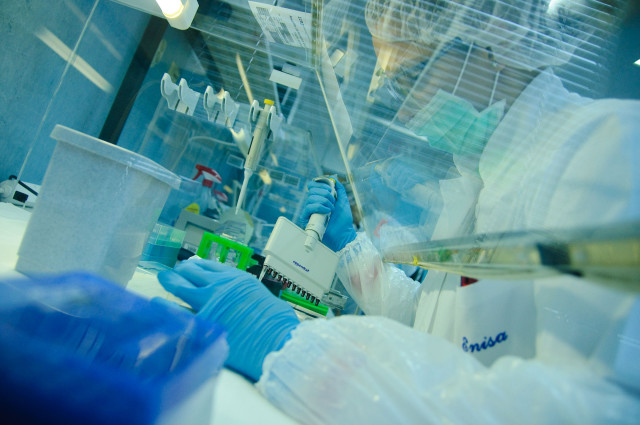
Tripoli, 16 March 2013:
Over half of the bodies found in the Bin Jawad mass grave in the Sirte district have now been identified, according to the International Commission on Missing Persons (ICMP).
In a statement today, Saturday, it said that its analysis of skeletal and blood-reference samples had produced 93 positive DNA matches connected to the Bin Jawad case.
The ICMP said it: “carried out the DNA analysis in its laboratories and compared the profiles of post-mortem samples with blood reference samples obtained from families of the missing.”
The Libyan authorities who submitted the samples will now need to inform the families that their relatives have been identified and officially close those cases.
“ICMP is committed to assisting the Libyan Government continue to develop its capability to address this painful issue,” said ICMP Director General Kathryne Bomberger. “We hope that by expediting this process we will bring long-awaited answers to families of the missing who have waited to learn the fate of their loved ones.”
Bin Jawad was the scene of intense fighting during the revolution, resulting in up to 60 deaths with a further 700 people declared missing. The mass grave, which was unearthed in December 2011, contained the remains of some 170 rebel fighters killed during the Battle of Bin Jawad.
The ICMP also found two positive matches not connected to Bin Jawad which, it said, pertained to “persons whose unidentified mortal remains were kept in a refrigerator in a Tripoli hospital since 1984.”
This project was funded by the UK, which pledged $650,000 to the ICMP in February this year to help Libya find and name those who disappeared under the old regime.
The Libyan government signed a cooperation agreement with the ICMP in November last year. As part of this project, the organisation is helping to create a Libyan Identification Centre, as well as training Libyans to become experts in the recovery and identification of bodies. [/restrict]








